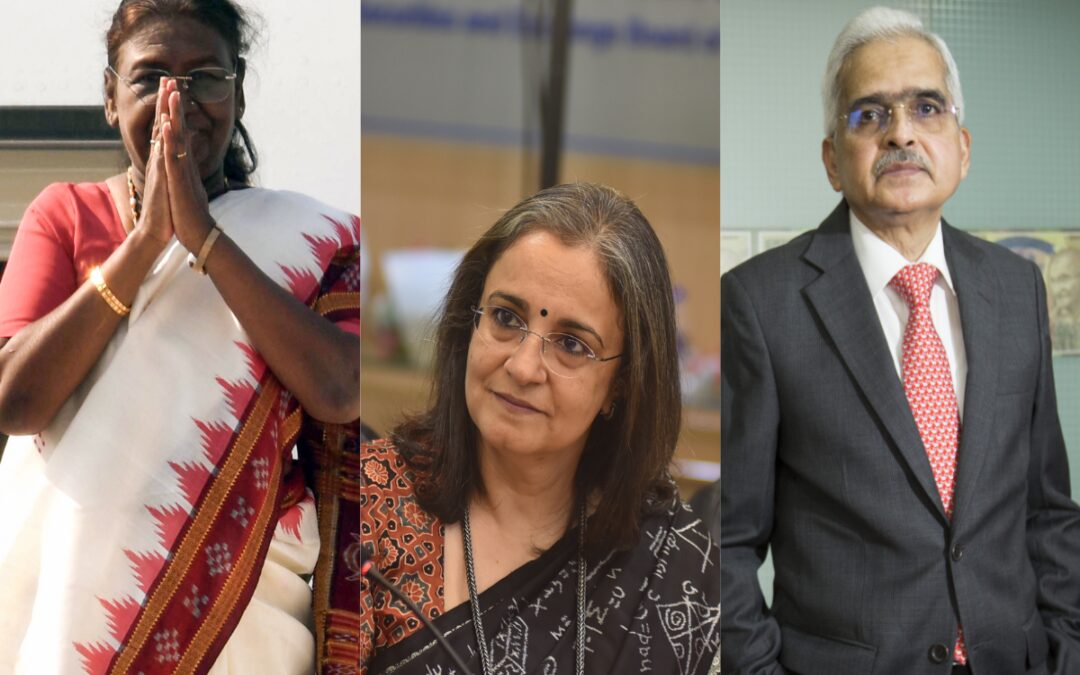The Union Government is preparing to make critical decisions on four significant appointments over the next four months, starting with the selection of a new Comptroller and Auditor General (CAG). G S Murmu’s term as the CAG is set to conclude in November, and a high-ranking official with close ties to the Modi administration is likely to be chosen to oversee the Centre’s financial oversight.
While Murmu’s position requires a new appointee, three other pivotal roles — the Reserve Bank of India (RBI) Governor, Chief Economic Adviser (CEA), and Securities and Exchange Board of India (SEBI) Chairperson — offer the possibility of reappointment.
Following Murmu’s tenure, attention will shift to the RBI’s leadership. Shaktikanta Das, who became RBI Governor in December 2018 after the sudden resignation of Urjit Patel, is nearing the end of his second term. Das, a former bureaucrat known for maintaining strong government relations and navigating India’s financial landscape smoothly, may either continue in this role or pass the mantle, with a decision expected in December.
As the budget cycle begins shortly, the government is also evaluating whether to retain Chief Economic Adviser V Anantha Nageswaran. The CEA plays a crucial role in preparing the budget and drafting the annual Economic Survey, which makes a prompt decision likely to ensure a smooth financial planning process.
The appointment of a SEBI Chairperson is expected to be a particularly complex decision for the government. Current SEBI head Madhabi Puri Buch, who made history as both the first woman and first private-sector professional to lead the regulatory body, has encountered allegations related to conflicts of interest, though she has denied any impropriety. Buch’s three-year term began in March 2022, and while she is eligible for reappointment, the government is considering the potential for a return to a civil servant-led SEBI.










